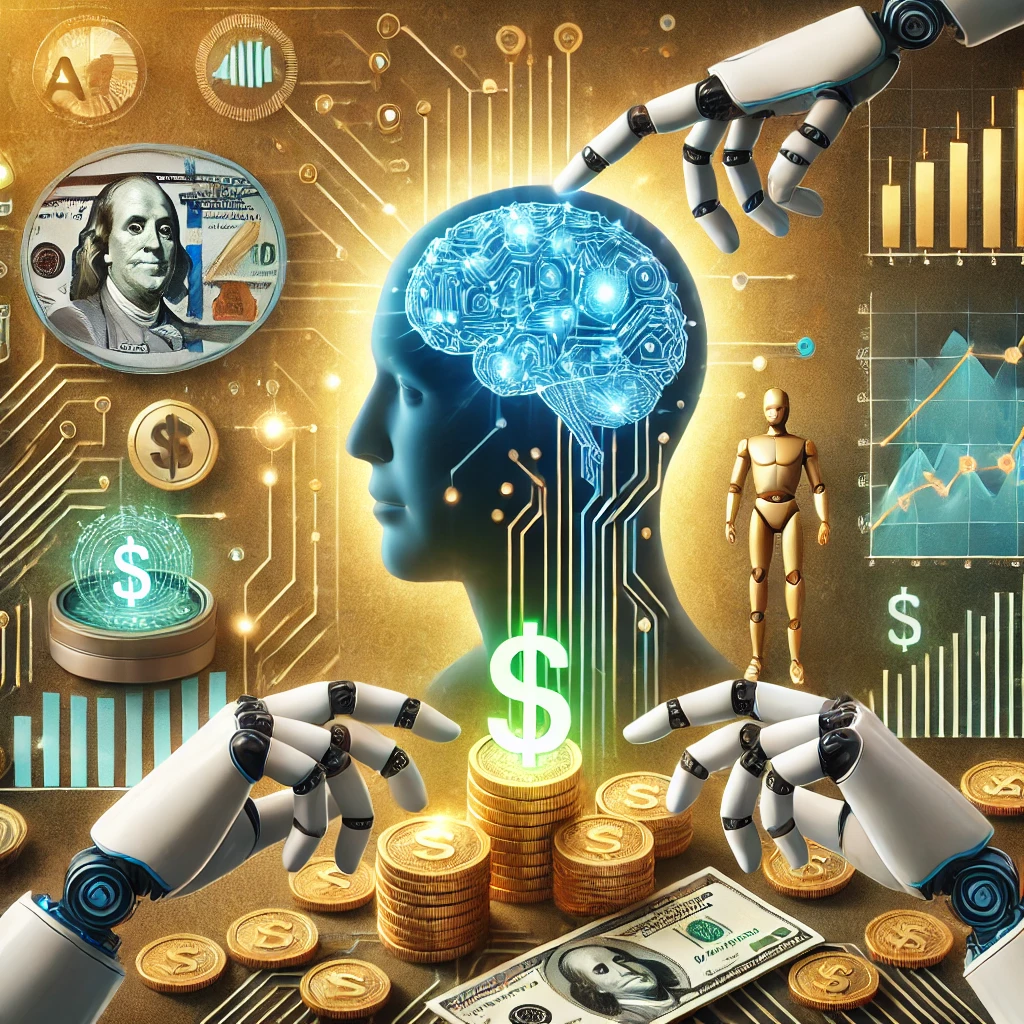Artificial Intelligence (AI) is transforming modern business, making it more efficient and competitive. By automating routine processes and analyzing markets, companies can increase productivity, reduce costs, and make well-informed decisions.
AI in Business Automation
Business process automation is one of the key applications of AI. It allows repetitive and time-consuming tasks to be completed faster, at a lower cost, and with fewer errors.
- Robotic Process Automation (RPA)
AI tools automate routine operations, such as:
Data processing: Collecting, analyzing, and classifying information.
Document management: Automatic completion and processing of forms, contracts, and invoices.
Customer support: Chatbots and virtual assistants ensure quick responses to inquiries.
- Optimization of Manufacturing Processes
In manufacturing, AI is used for:
Equipment monitoring: Detecting machine malfunctions in real-time.
Inventory management: Predicting demand to avoid overstocking or shortages.
Improving logistics: Optimizing delivery routes and reducing costs.
- Marketing Automation
AI streamlines:
Personalized email campaigns: Generating content tailored to customer interests.
Optimizing advertising campaigns: Analyzing data to identify the best platforms and audiences.
Social media management: Automatically scheduling posts and analyzing performance.
AI in Market Analysis
Market analysis is a vital part of strategic planning, and AI greatly facilitates this process by providing accurate forecasts and deep insights.
- Real-Time Data Analysis
AI processes vast amounts of data in real time, enabling businesses to:
Monitor market changes.
Analyze consumer behavior.
Respond promptly to trends.
- Demand Forecasting
Machine learning models predict:
Sales levels: Based on historical data and external factors.
Market trends: Identifying new opportunities and risks.
- Audience Segmentation
AI analyzes demographic, behavioral, and other data to create precise target audience profiles. This allows companies to:
Develop more relevant products.
Personalize marketing campaigns.
- Competitive Analysis
AI gathers data on competitors, analyzes their strategies, and identifies market gaps, enabling businesses to develop more effective growth plans.
Real-World Applications
Amazon: Uses AI for logistics automation, product recommendations, and inventory management.
Tesla: Automates production processes and analyzes data to improve autonomous driving.
Google Analytics: Provides businesses with tools to analyze customer behavior and forecast sales.
Benefits of Using AI in Business
Increased productivity: Less time spent on routine tasks.
Accuracy and reliability: Reduces the risk of human error.
Cost savings: Lowers operational expenses.
Better decision-making: Deep data analysis provides more insights.
Challenges and Risks
Data dependency: Accurate analysis requires large volumes of high-quality information.
Implementation costs: Integrating AI into business processes requires investments.
Ethical concerns: The use of customer data must comply with privacy standards.
Future Prospects
In the future, AI will become even more integrated into business processes, providing:
Self-learning systems: Automatically adapting to market changes.
Hyper-personalization: Even more precise customization of services for individual customer needs.
Global automation: Combining AI with robotics for even greater efficiency.

